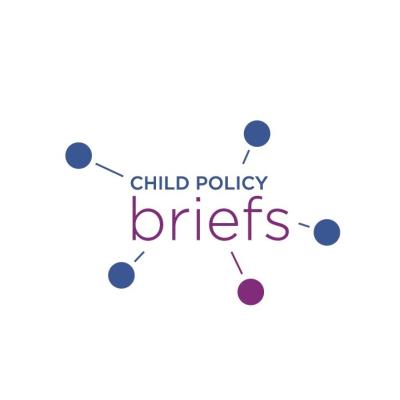Workforce Development
Description
A summary of the scientific literature on workforce development in early childhood education settings.

Components
Image

How This Impacts Children's Development
Description
Early educators in homes and childcare centers have faced worsening levels of food and financial insecurity, stress, and depression during the pandemic. This has hindered their ability to provide responsive and supportive care to children. Despite the essential role of childcare programs, they experienced severe disruptions due to the pandemic without the same support and infrastructure available to other sectors. Ensuring adequate training, fair compensation, and robust institutional support for early educators is crucial for fostering the development and well-being of the children in their care.
Talking Points from the SRCD Briefs
|
Policy Considerations in the Briefs
- Additional funding to stabilize childcare programs and cover increased costs should be part of a coordinated approach that addresses a range of financial challenges. This includes tackling high costs for parents, low wages and limited benefits for early educators, and the unstable financing within the early care and education system.
- Policies are needed to address early educators’ expressed needs for additional training and support in implementing new safety guidelines. These policies should also address their concerns about exposure and/or the potential spread of COVID-19 while caring for children. Additionally, they must provide the necessary knowledge, skills, and tools to meet the developmental needs of young children effectively.
- Increased access to mental health services to address the growth in early educators’ stress, depression, and anxiety. In addition to understanding the critical need of strategies that promote children's behavioral and emotional development.
- Placing equity as a central goal will be important when developing and implementing initiatives to ensure that early educators and children of color are not further and disproportionately harmed.